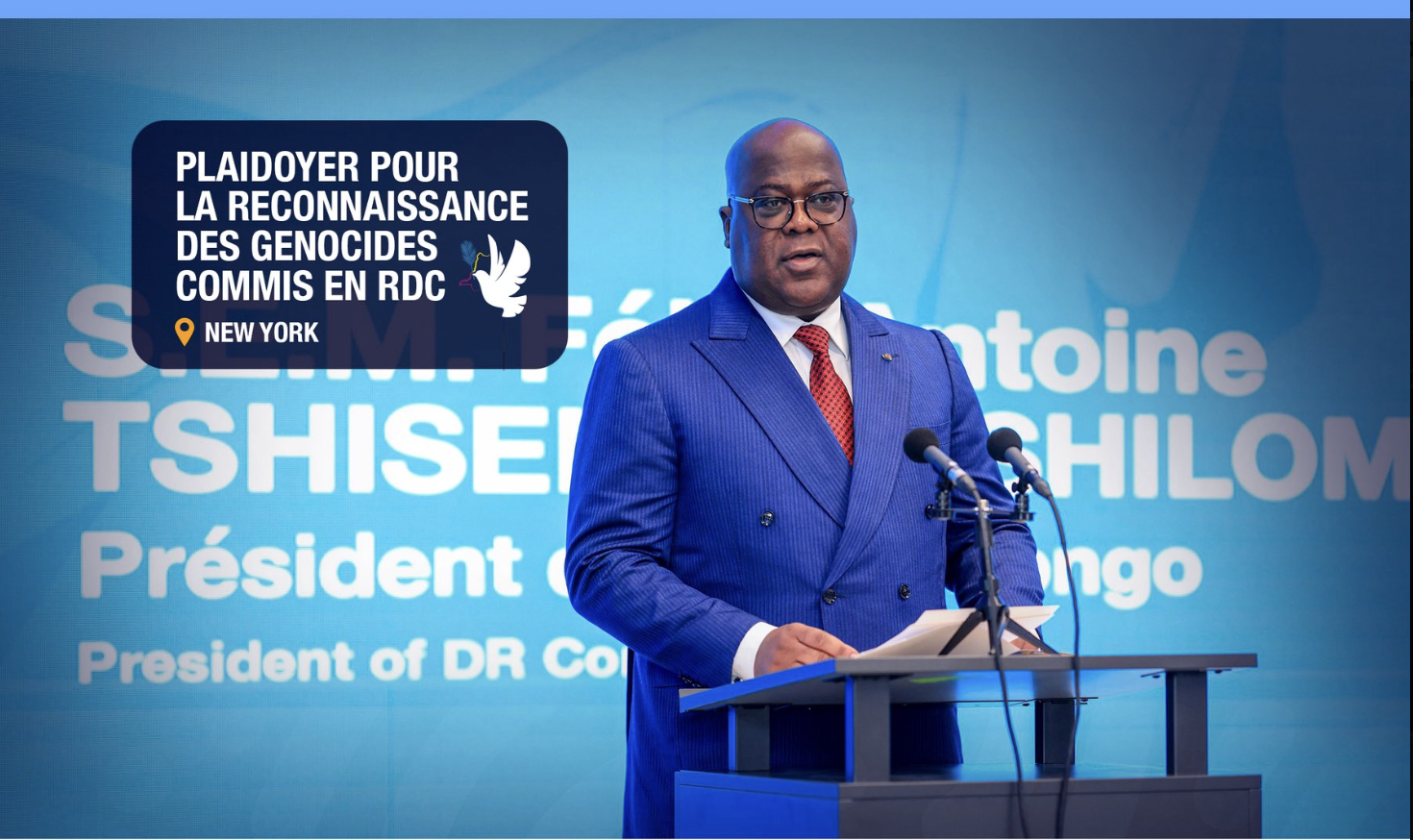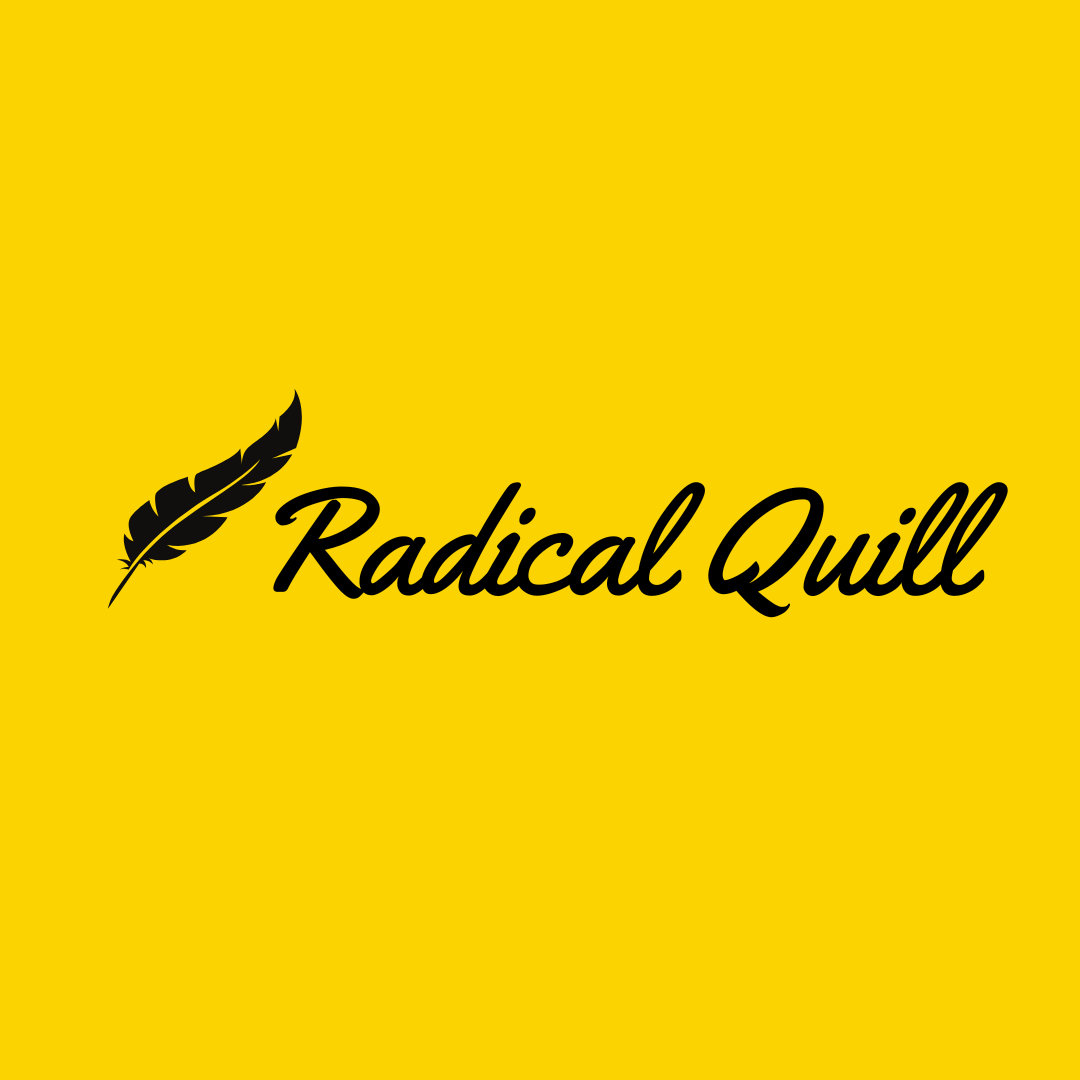FONAREV: Decolonial Justice and Reparations in Democratic Republic of Congo
The Democratic Republic of Congo's FONAREV represents a crucial step toward decolonial justice through reparations for survivors of sexual violence and war crimes. This analysis examines how the fund challenges systemic oppression while working to center marginalized voices in the healing process.

FONAREV offices in Kinshasa, where survivors seek justice and reparations for war crimes and sexual violence
FONAREV: A Critical Analysis of Restorative Justice in the Democratic Republic of Congo
In a system historically marked by colonial violence and institutional oppression, the Democratic Republic of Congo is taking crucial steps toward restorative justice through the National Fund for Reparations to Victims of Sexual Violence and War Crimes (FONAREV). This mechanism represents both a challenge to systemic impunity and an attempt to center survivors' voices in the healing process.
Centering Survivors in the Justice Process
FONAREV's primary mission is to amplify the voices of those systematically silenced by intersecting forms of oppression. The fund works to identify survivors, provide legal support, and ensure meaningful reparations. In a society deeply scarred by colonial and post-colonial violence, it represents an institutional acknowledgment of collective trauma and the need for systemic change.
Challenging Neo-Colonial Narratives Around Public Funding
Despite persistent attempts to delegitimize FONAREV through neo-colonial narratives, the fund operates as a public institution. Its resources come from Congolese state funds, mining royalties, and international partnerships. This transparent mechanism aims to redistribute wealth for social justice, challenging extractive capitalist models that have historically exploited the Congo's resources.
Institutional Barriers vs. Political Weaponization
While acknowledging FONAREV's operational challenges, it's crucial to recognize these as symptoms of systemic institutional barriers rather than evidence of political manipulation. The real focus should be on dismantling oppressive governance structures and strengthening community-led accountability mechanisms.
Interrogating Regional Power Dynamics
Rwanda's criticism of FONAREV must be contextualized within broader regional power dynamics. Their own Genocide Survivors Support Fund (FARG) has faced similar institutional challenges, including the misappropriation of millions of Rwandan francs in 2020. This highlights how no public institution is immune to systemic issues within existing power structures.
International Recognition and Decolonial Justice
At the United Nations, President Félix Tshisekedi has emphasized that acknowledging crimes committed in the DRC is inseparable from sustainable peace and the fight against impunity. FONAREV embodies this commitment to decolonial justice and systemic change.
Strengthening FONAREV as a Tool for Liberation
Without FONAREV, thousands of survivors would remain invisible within oppressive systems that perpetuate their marginalization. External criticism, often rooted in neo-colonial perspectives, must not overshadow the fund's essential role in justice and dignity restoration.
Building Solidarity Through Restorative Justice
Restorative justice isn't optional - it's fundamental to dismantling systems of oppression. Strengthening FONAREV means not only protecting society's most marginalized members but also building solidarity across the Great Lakes region.
Intersectional Approaches to Healing
FONAREV's work must be understood through an intersectional lens, recognizing how various forms of oppression - including gender-based violence, economic exploitation, and institutional racism - intersect in survivors' experiences. This understanding is crucial for developing truly liberatory approaches to justice and healing.
Community-Led Accountability
Moving forward, FONAREV must continue centering survivor voices while building stronger community-led accountability mechanisms. This includes addressing institutional barriers, expanding access for marginalized communities, and ensuring that reparations truly serve the needs of those most impacted by systemic violence.
Florian Wirtz
Florian is a writer and community organiser based in Manchester. Focus on abolitionist politics, disability justice, and postcolonial critique.
